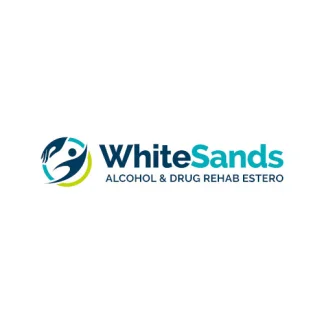WhiteSands Alcohol & Drug Rehab Estero
Estero, Florida, 19970 South Tamiami Trail, estero, 33928
Insurance and Financial
- Medicare
- Medicaid
About this Facility
If you reside in the Estero, Florida area, you have the opportunity to meet with a compassionate and supportive WhiteSands Treatment Estero specialist who can help answer your questions and concerns, as well as provide guidance, when seeking help.
If you reside in the Estero, Florida area, you have the opportunity to meet with a compassionate and supportive WhiteSands Treatment Estero specialist who can help answer your questions and concerns, as well as provide guidance, when seeking help. Our representatives are a knowledgeable and valuable resource for those looking for drug and alcohol treatment as to facilitate a smooth and seamless transition into rehab. Our Estero location provides outpatient treatment, and we have a nearby 10 acre campus facility that provides very comfortable inpatient treatment.
Contact us for more information: (239) 331-5105

Contact WhiteSands Alcohol & Drug Rehab Estero
Connect with WhiteSands Alcohol & Drug Rehab Estero by calling their admissions team directly.
(239) 331-5105 Website Get Directions